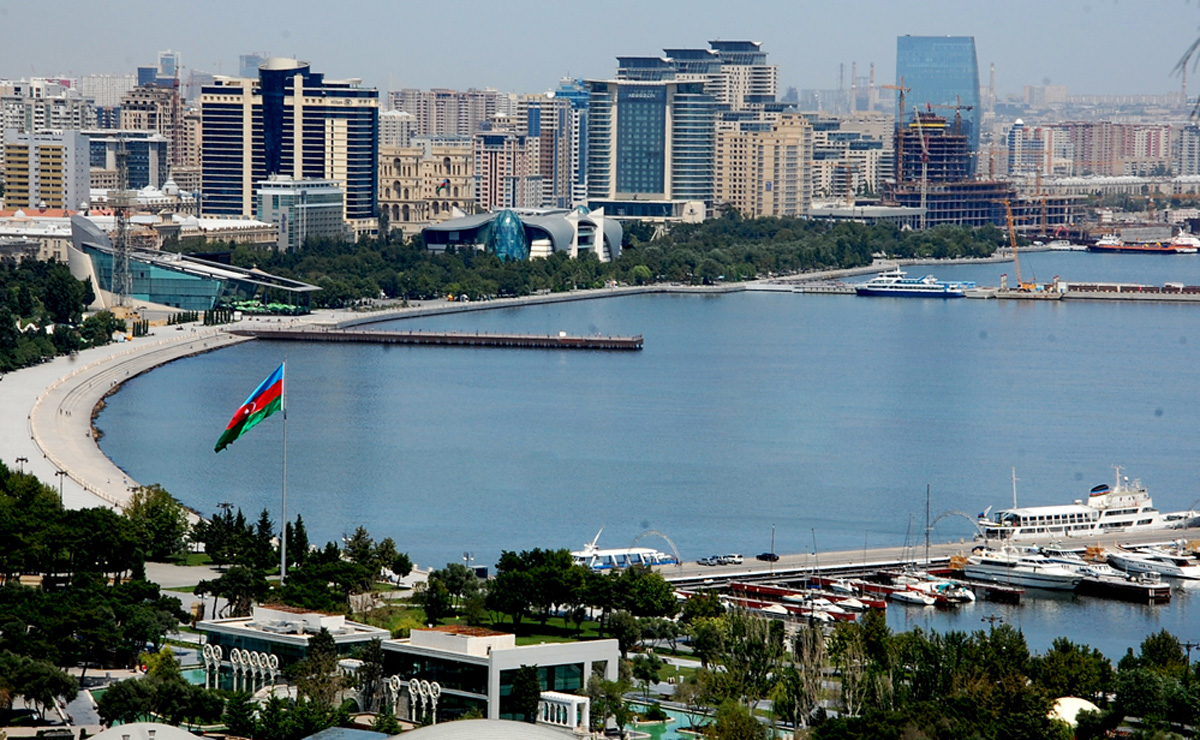BAKU, Azerbaijan, Jan. 9
By Nargiz Ismayilova – Trend:
Insurance of real estate including residential and non-residential premises, houses, buildings and apartments owned by legal entities and individuals, as well as state-owned real estate is compulsory, analyst in the Azerbaijani Center for Economic Reforms Analysis and Communication Masuma Talybova told Trend.
“The obligation of insuring real estate refers to the individuals who are owners or actually own the corresponding real estate,” the analyst added. “Real estate, which is an unauthorized structure and will be demolished upon a corresponding decision, as well as real estate, which was partially constructed or is in disrepair, is not subject to compulsory insurance. At the same time, compulsory insurance of non-residential premises of a residential building is not envisaged.”
"Compulsory insurance guarantees payment in case of damage caused to structural elements of real estate, rooms, including windows, doors, water supply, sewage and gas supply, as well as pipes, heating, communications, electrical wiring, decorative elements, including all types of external or internal damage to walls, ceilings and floors," Talybova said.
"Among the real estate insurance risks are fire, lightning, explosion of gas used at home and at work, short circuit of electric wires, explosion of steam boilers, gas pipelines, flooding of residential and non-residential premises, damage as a result of aircraft crash, natural disasters - earthquake, volcano, storm, hurricane, hail, flood, landslide, as well as unlawful actions of third parties,” Talybova added.
“The damage caused as a result of military operations, terrorism, radioactive contamination, as well as damage to the property in the form of money, securities, precious metals and precious stones, works of art, inventions, patents, documents, books and inscriptions, as well as moral damage caused to the policyholder is not subject to compensation,” the analyst said.
“Moreover, the deliberate actions of the insured or his/her management aimed at the occurrence of an insured event (except for the cases envisaged by the law), as well as the cases when the insured was able to take the necessary measures to reduce the harm caused as a result of the insured event, but did not take such measures, as well as property stolen during and after the insured event, a change in groundwater level, freezing of pipes, tear and wear, corrosion, gradual destruction as a result of natural aging or damage during the repair are not an insured event and no compensation will be paid,” Talybova added.
“The untimely or improper information about the insured event, when the insurance company is deprived of the opportunity to determine whether the event was an insured event or not, gives the insurance companies the right to refuse from making payments,” the analyst said. “If the person guilty of causing damage to the property completely compensated the damage, the insurance company does not make any payments. In case of partial compensation, the insurance company compensates the rest part of the damage.”
----
Follow the author on Twitter:@IsmailovaNargis






